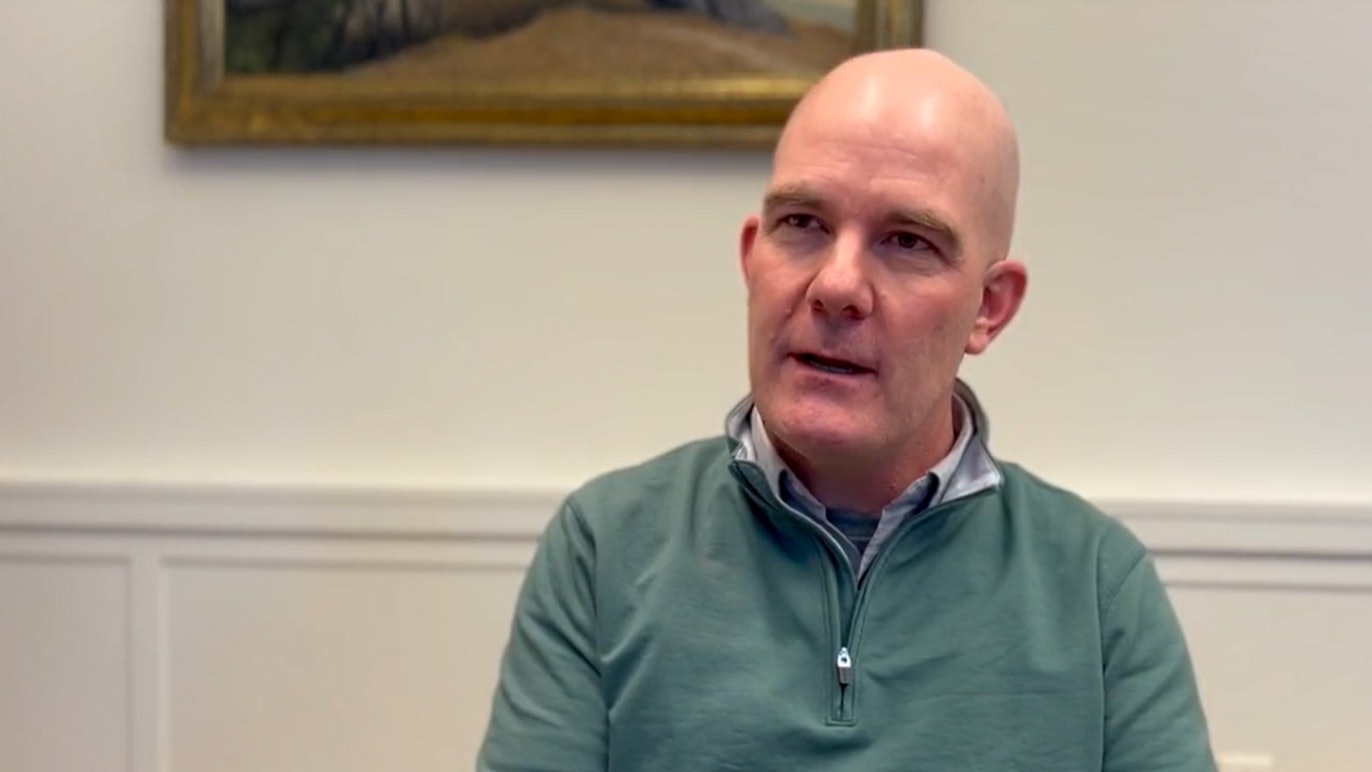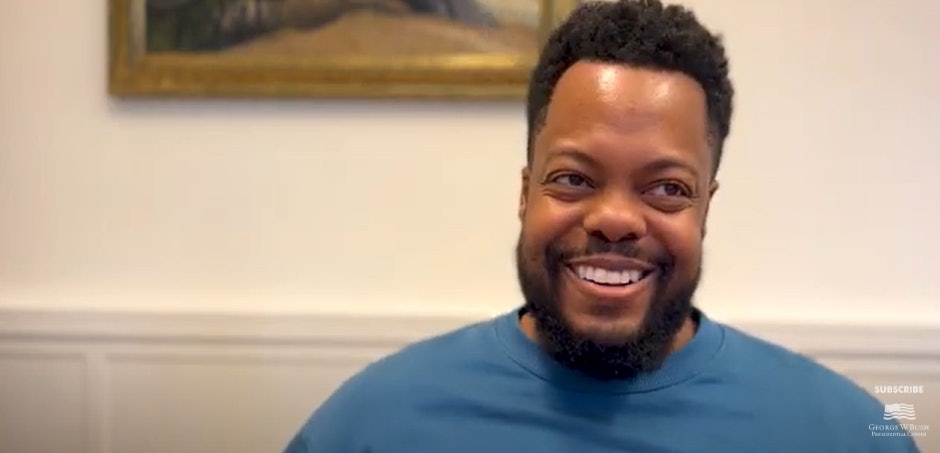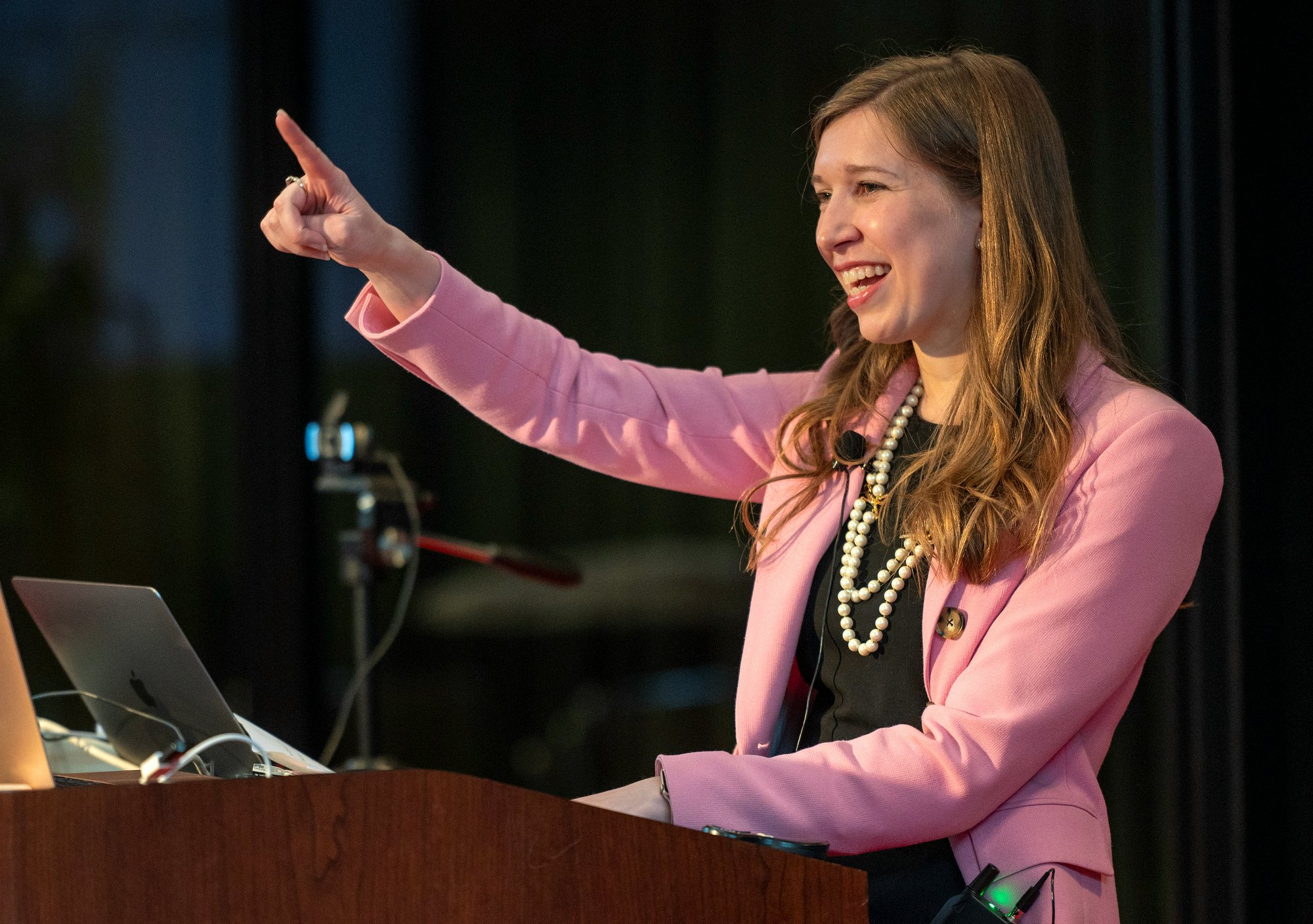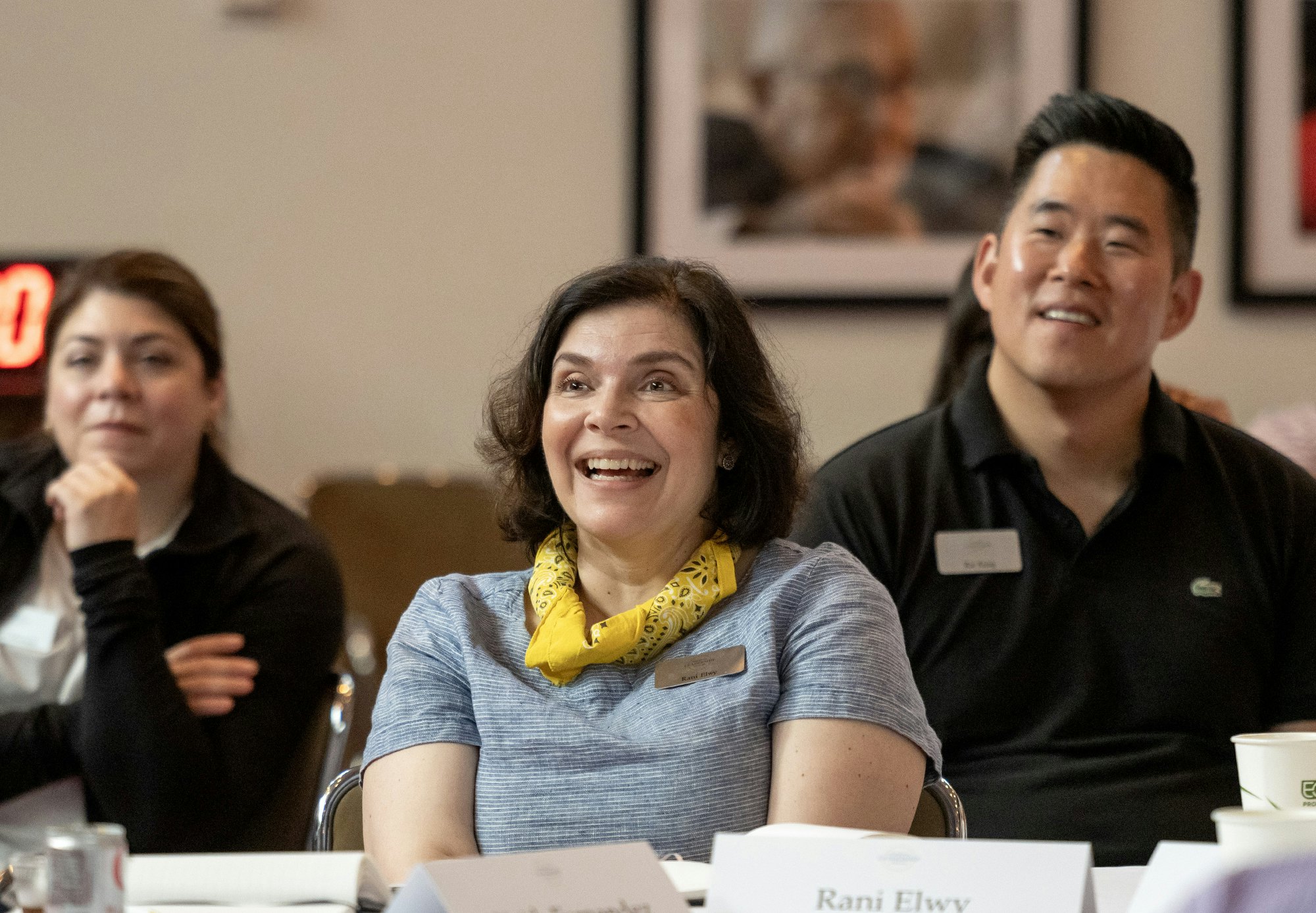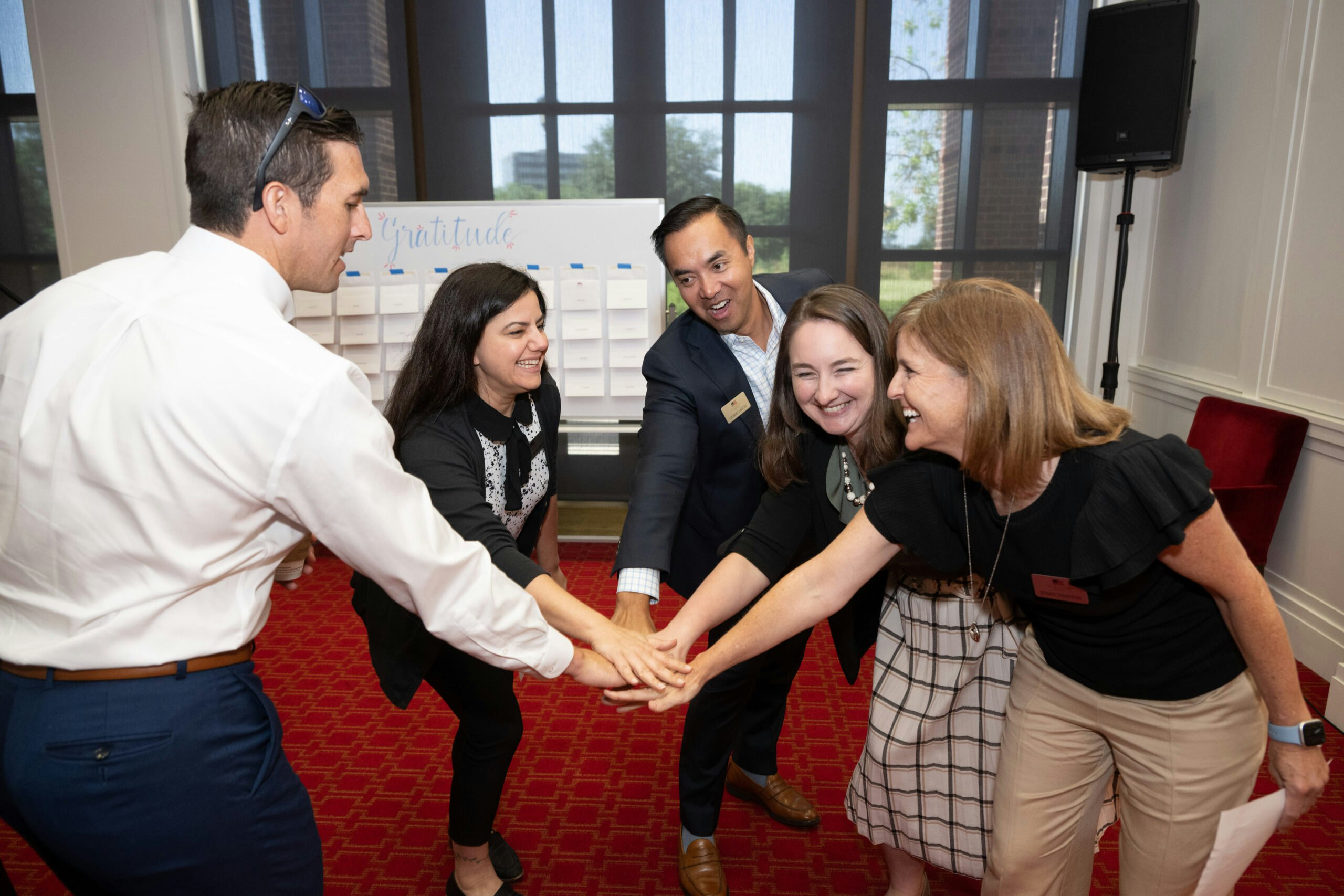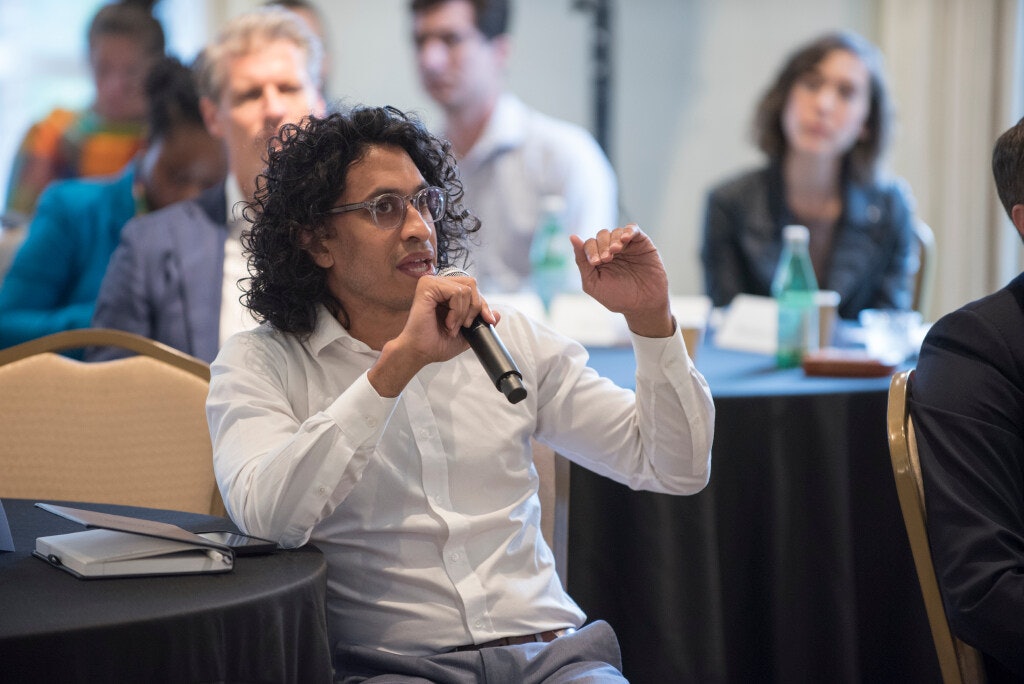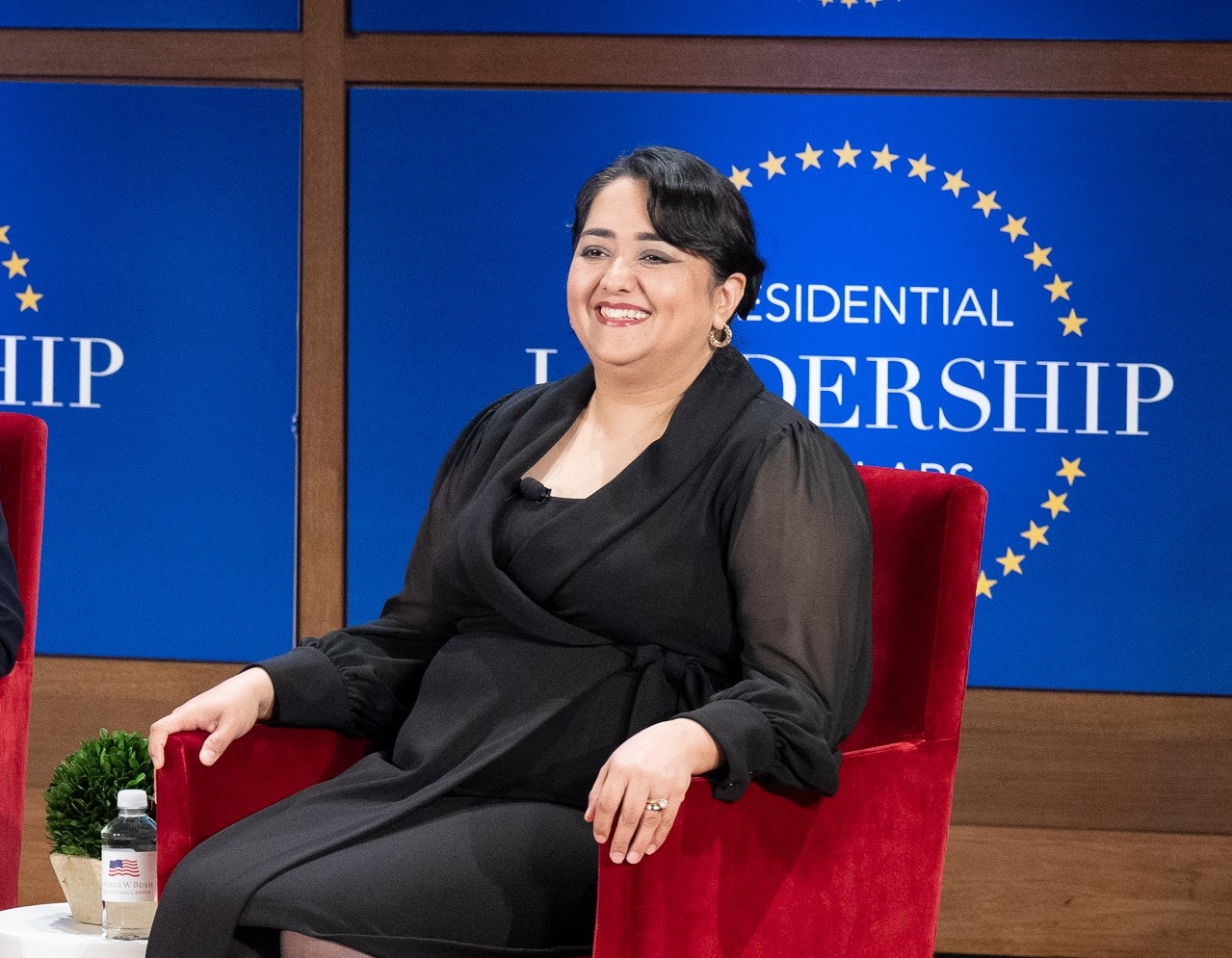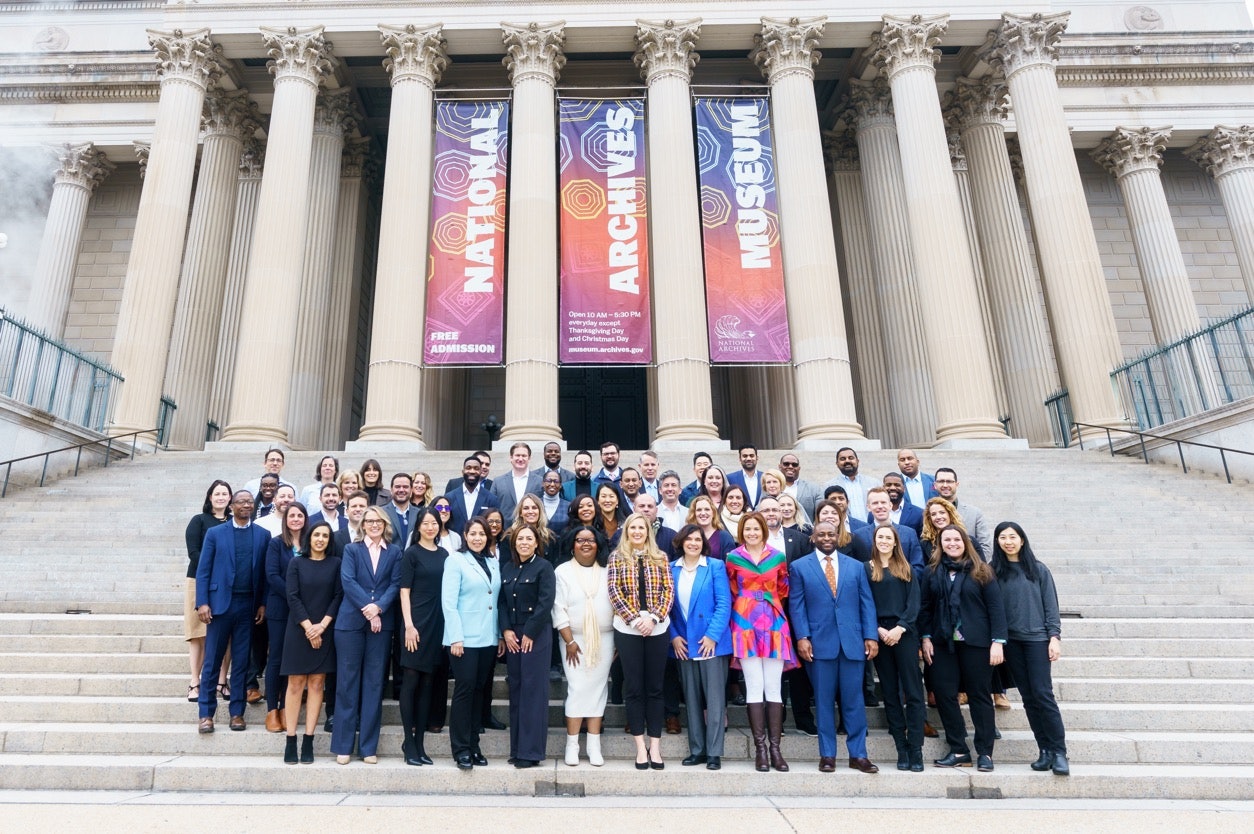We will need plenty of leaders who know how to build consensus if we are going to deal successfully with such domestic challenges as poverty, race, and income inequality.
Cops killed in Dallas and now Baton Rouge. A failed Turkish coup. Terror in Nice. At times, the world is moving so fast and chaotically and afflicted with such poison that little seems to hold us together. Over the last two weeks alone, destabilizing events across the world have made it easy to lose hope.
As despairing as the destruction may seem, signs of a reemerging center are evident. I am not talking about a political center, however you define that. Rather, a center that recognizes we must take on big, perplexing challenges without vilifying each other, without heightening our fears and anxieties, without dividing people by class, race, and religion.
The signs are too early to call this a counter-reformation, but they are encouraging. Two forums last week provide examples.
First, there was the Dallas ceremony honoring the five fallen officers, which rightly has drawn praise from around the world.
Those who sow seeds of division and even hate looked small as our mayor and police chief spoke honestly and directly to the nation about their commitment to building a new model for Dallas and the country, former President George W. Bush talked about empathy being the bridge across our nation’s deepest divisions, and President Barack Obama delivered his most forward-looking address since the red state/blue state speech that brought him to national prominence in 2004.
And when those leaders, including Vice President Joe Biden, Ted Cruz, and John Cornyn, held hands and sang The Battle Hymn of the Republic along with an interfaith choir, they made those who prefer to demonize their opponents appear irrelevant to America’s needs. As a Republican friend emailed after the event, for a moment the center looked like it was holding.
The second forum occurred Thursday in Little Rock, when the presidential libraries of Bill Clinton, George W. Bush, George H.W. Bush, and Lyndon Johnson held a graduation ceremony for young professionals who aspire to become leaders in the public and private arenas.
The 61 participants in the Presidential Leadership Scholars program heard from former Presidents Clinton and Bush, as well as former British Prime Minister Tony Blair, how respect for those with different points of view is critical to leading any kind of enterprise.
President Clinton explained that nursing resentments, even legitimate ones, can’t solve problems. President Bush reminded the graduates that you can’t be a leader and bear a grudge. And Prime Minister Blair urged the class to seek sensible, practical solutions. Their words were a reminder that decency and practicality are not weaknesses when it comes to leading people.
The graduates, who came from both parties and none at all, also heard from three surviving members of the Little Rock Nine. Carlotta Walls LaNier, Minnijean Brown-Trickey, and Ernest Green, who had helped integrate Little Rock Central High School in 1957, emphasized that listening to others with different viewpoints is critical to solving problems.
The fact is, we will need plenty of leaders who know how to build consensus if we are going to deal successfully with such domestic challenges as poverty, race, and income inequality. Or make progress on such international challenges as terrorism and extremism in the name of religion.
Take the issue of stagnant wages. We can’t survive as a society with wide gaps between not only rich and poor, but rich and middle class. At the same time, we can’t become so dead set on equality that we become like England in the 1970s, which had become a stagnant country after a decades-long focus on equality. We will need solutions that grow the economy without getting bogged down in class warfare.
We clearly need to focus on race issues, too. A new study by Harvard professor Roland Fryer, an African-American, shows that blacks are more likely than whites to be subjected to police force. Yet we need to acknowledge racial progress has been made, including the fact that five white Dallas police officers gave their lives protecting African-American protesters. We will need leaders in this discussion who understand its complexities.
What’s more, we need to deal with the role of the family in American life. Strong families alone will not solve our problems. But effective parenting, compassionate mentors, and policies that encourage stable families build up responsible citizens.
And, yes, we need leaders who can build an open society, one where borders are protected but not turned into barriers, where violence in the name of religion is condemned but religious freedom is not squelched, where dissent is respectful but dissenters are not ostracized.
We may not be able to stop all lone gunmen or disrupt all the networks that spew terror. But we can devise strategies that embolden the broad center my friend longs to see.
This all starts with leadership. As volatile and uncertain as our times appear, the spirit and words of the last week point the way forward.







